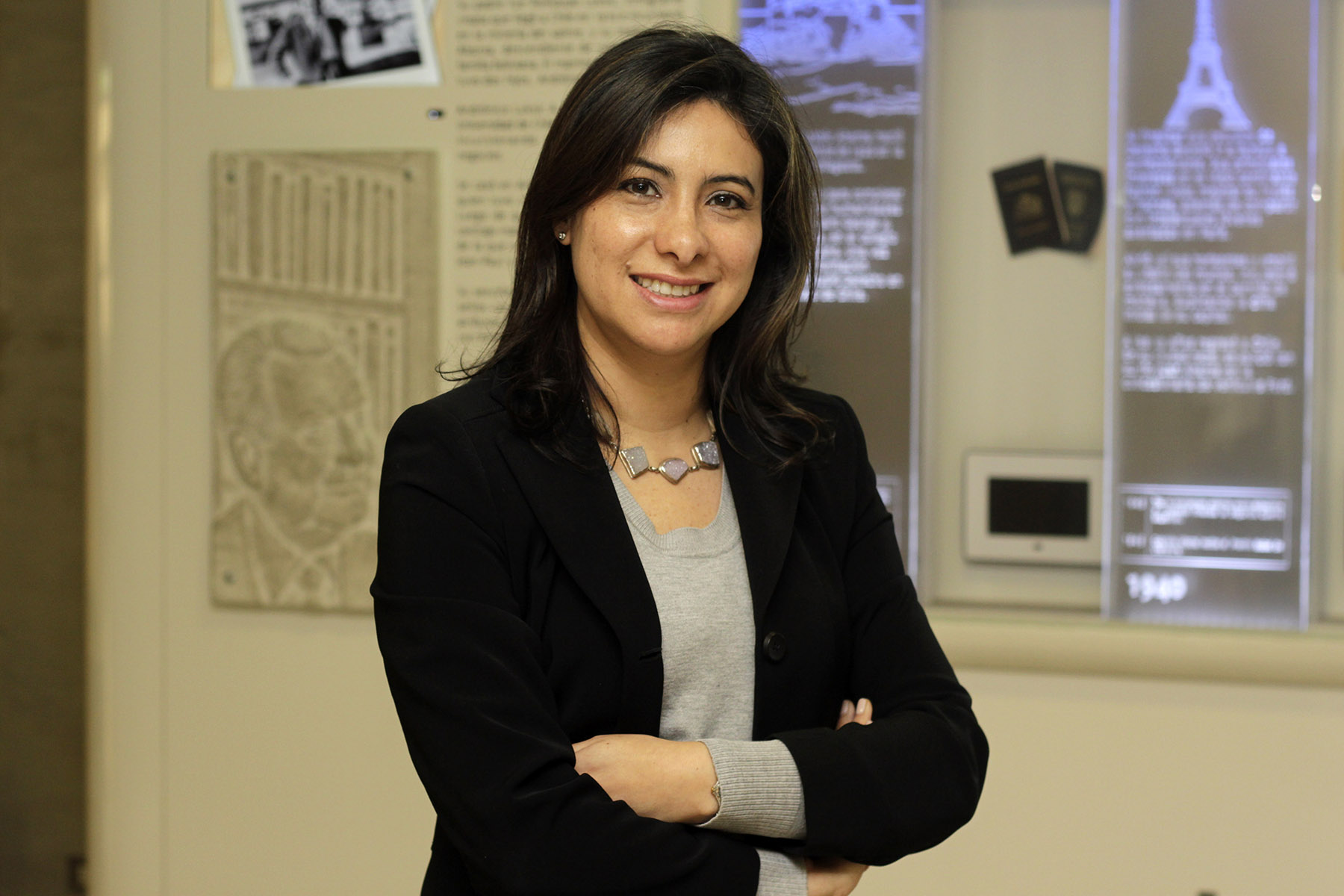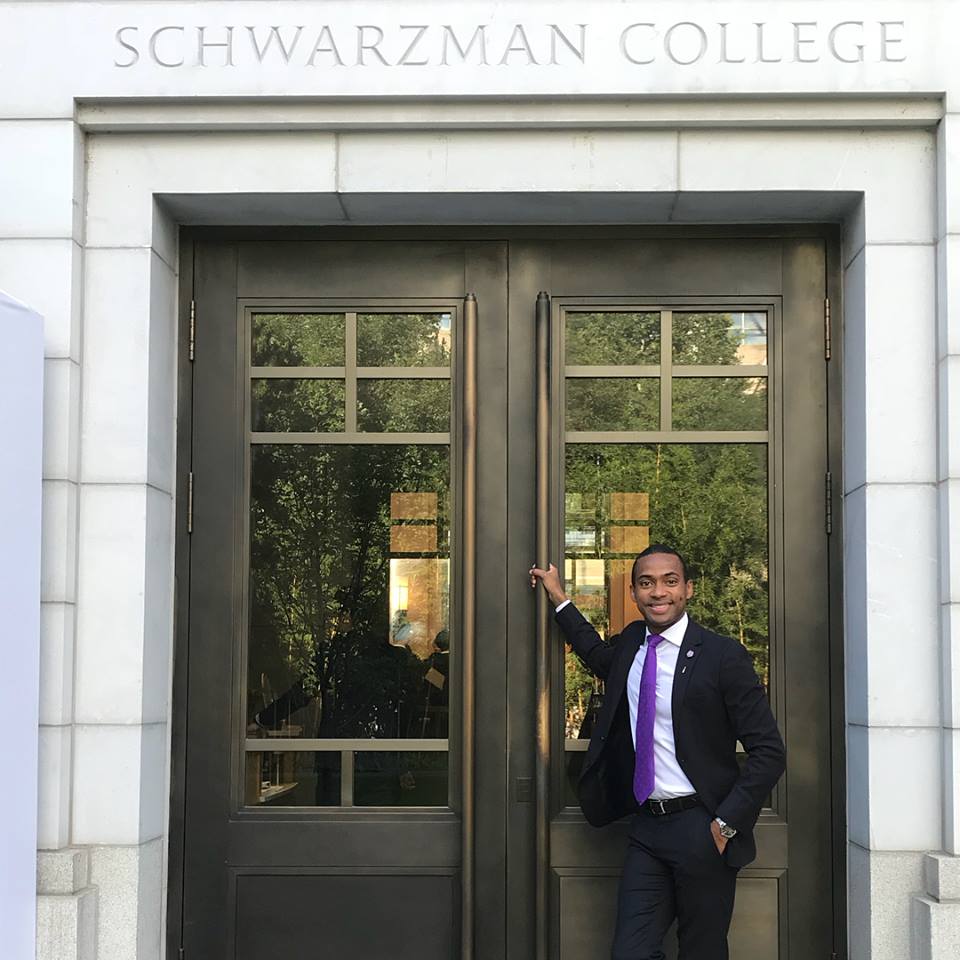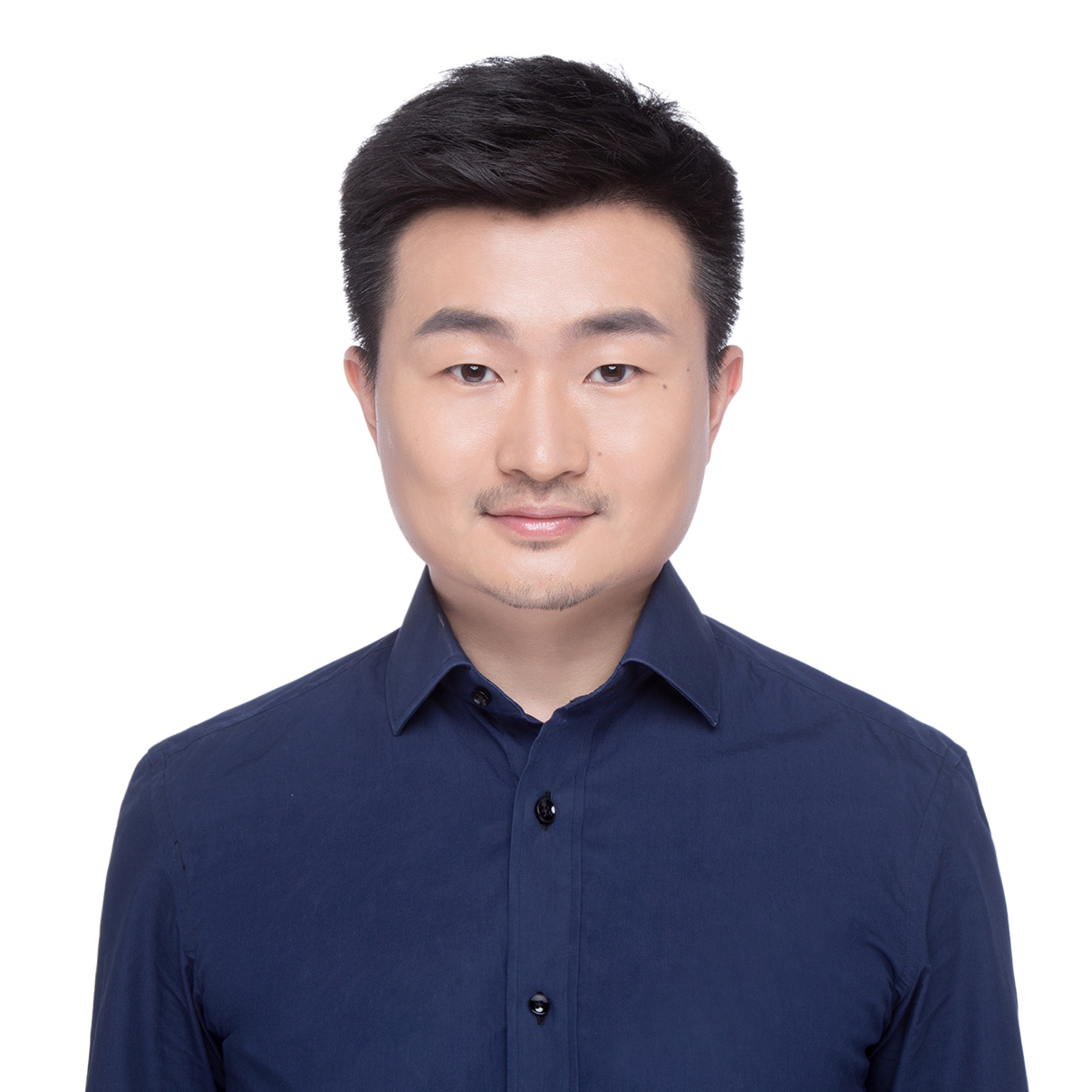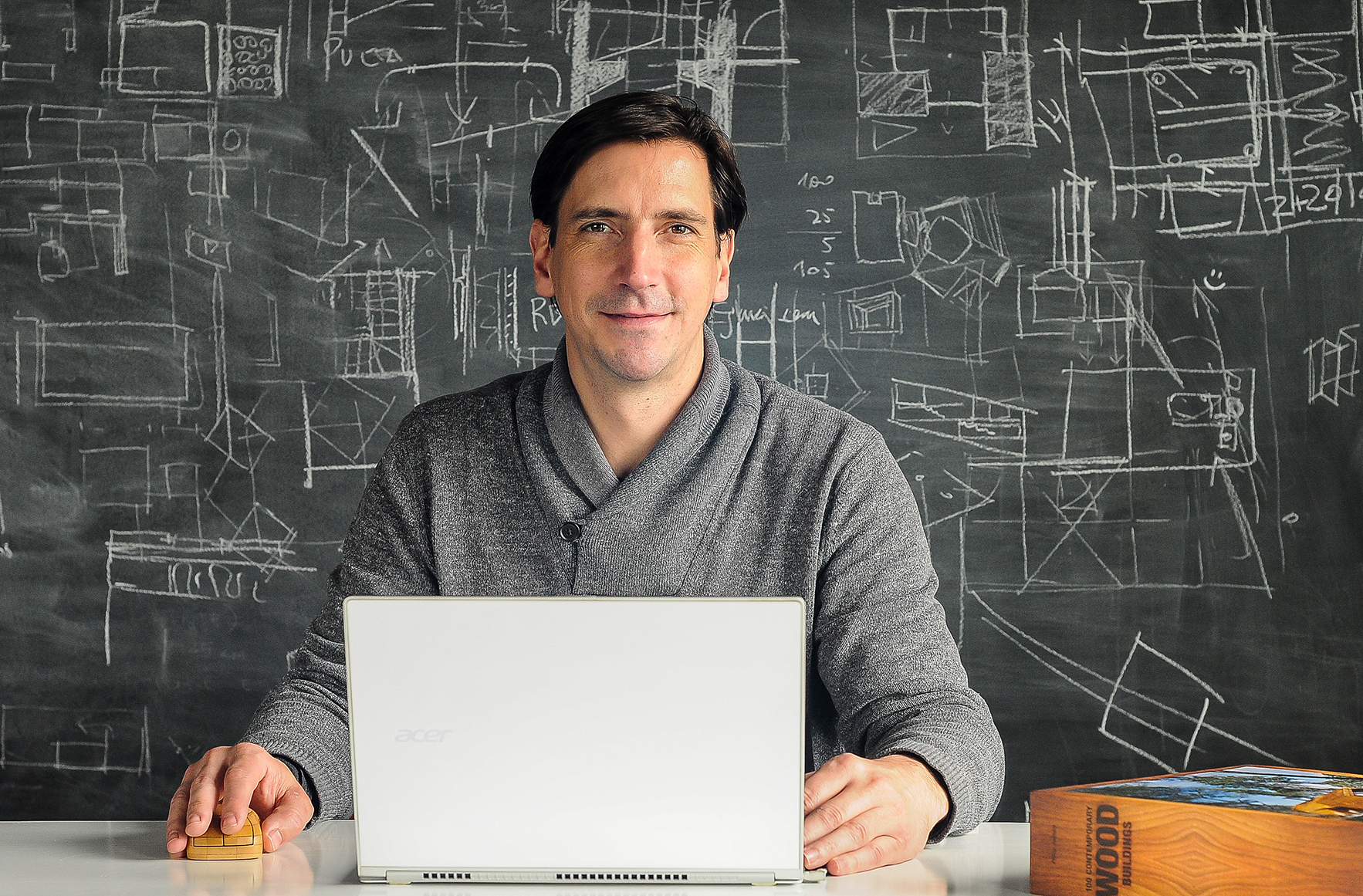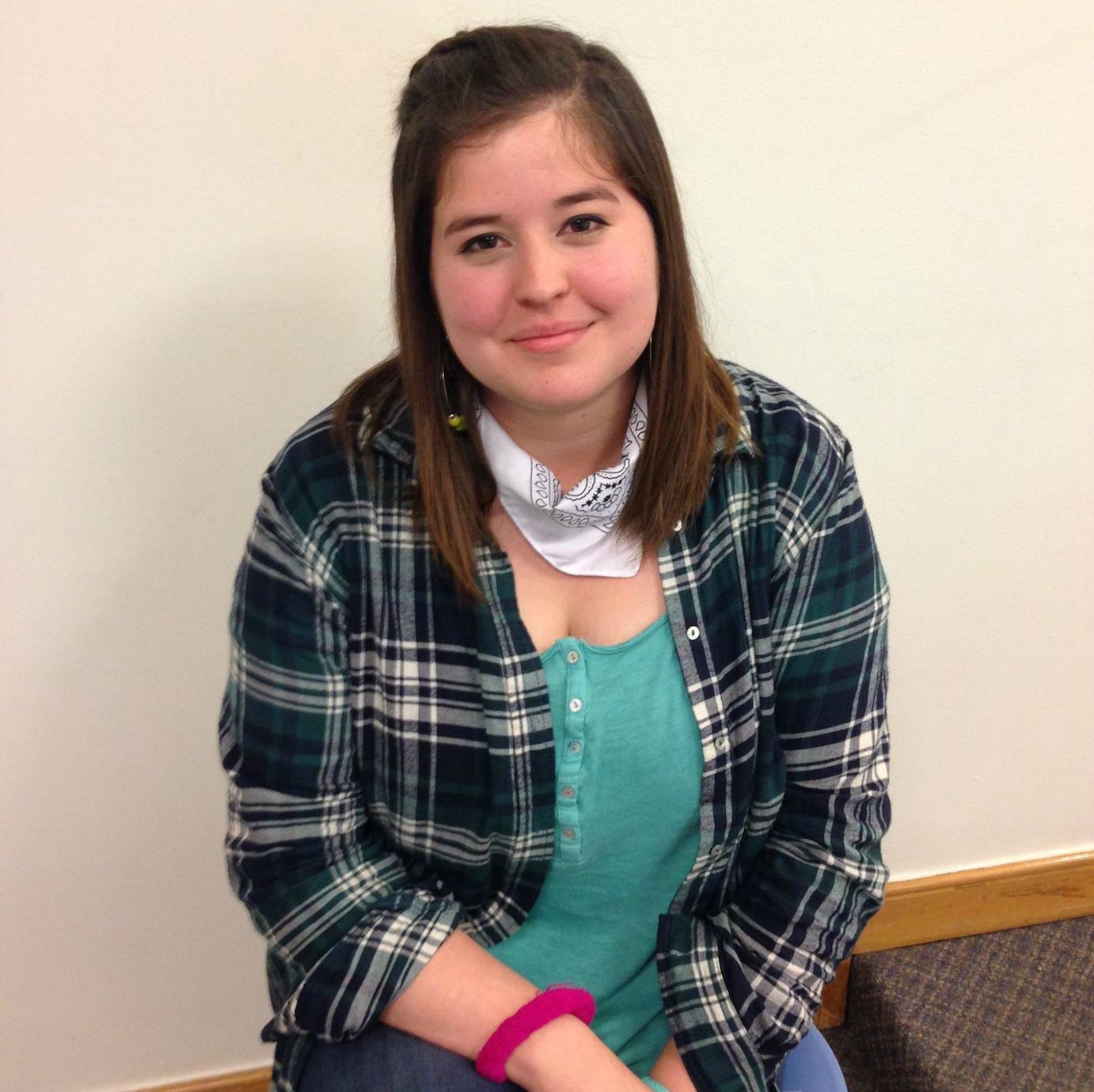Diego Celentano
Faculty Exchange Luksic Grants
Professor and Researcher, Department of Mechanical Engineering and Metallurgy, Universidad Católica de Chile
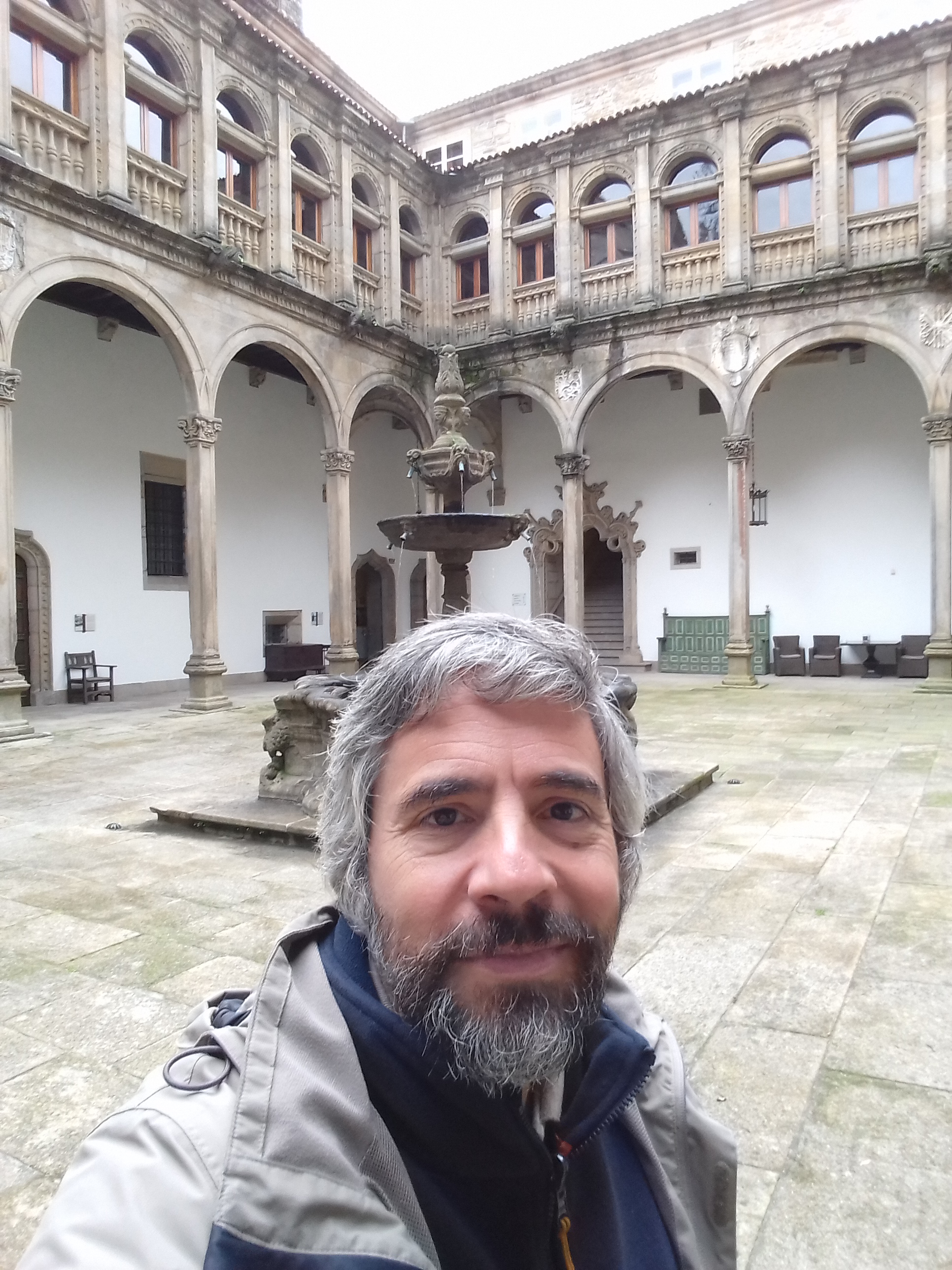
My professional activities reflect a deep commitment to the academic values that guide the Universidad Católica de Chile (PUC) on its educational mission.
Student development has been one of my main areas of concern, and I have committed considerable efforts and resources to undergraduate mentoring and graduate students supervision at both MS and PhD levels. In many instances, I shared this advisory activity with other academic colleagues to further the level of discussion and study. I have also devoted similar attention to international exchange students.
In Chile, since 1997 I have worked as Principal Researcher, leading projects that received financial support from the Chilean Council for Technological Research (CONICYT) and other institutions. At the same time, I have done research in collaboration with national and international academic colleagues in different areas of Computational Mechanics. In addition, I have been invited several times by international universities as a visiting research professor.
In general terms, my scientific research papers comprise:
- A wide variety of subject matters within Mechanical Engineering.
- Original contributions in modeling, computational analysis, numerical simulation and experimental validation.
- Individual as well as team work with students and colleagues from other schools.
- A multidisciplinary approach for complex and multifaceted problems.
As part of PUC effort to build a global research network, I have participated in many scientific conferences, often as an invited speaker. Simultaneously, I have encouraged and helped students attend meetings to present their own research, thus expanding their educational opportunities.
This will surely be the start of a long-term collaboration between our institutions, and much more productive research can be done thanks to this experience.”
In this context, I was also awarded a Luksic grant through the Faculty Exchange program in partnership with Notre Dame, and it was extremely positive. I had the opportunity to work closely with ND professors and postgraduate students with whom very interesting meetings were held.
The purpose of my work with Notre Dame was to study of the effects of cell populations on the properties of hydrogels and soft matrices. We worked in collaboration with the Harper Cancer Research Institute to study the progression of metastatic cancer to bone. As part of this study, the goal was to assess how bone marrow stromal cells and cancer cells interact in order to understand why breast cancer commonly metastasizes to bone marrow. Hence, it is relevant to determine if these cells behave differently when present together in a tissue. It is possible to mimic a simple tissue using collagen gels, and determine the mechanical behavior of the cells by measuring how they affect the mechanical properties of the gel as they grow on it. With appropriate mathematical models, quantitative measures of the interactions between the cells and the collagen can be obtained.
Key activities carried out during the visit include:
- Obtain experimental measurements of the mechanical behavior of collagen gels alone, and after seeding with combinations of bone marrow stromal cells and a breast cancer cell line with culture periods from a few days up to two weeks. These measurements were done in the Notre Dame material characterization facility using a newly obtained rheometer.
- Identify appropriate theoretical models to describe the behavior, and extend them as appropriate to capture the underlying viscous and fiber-reinforced nature of the gel and adding appropriate mathematical terms that can explain the changes due to the presence of cells.
- Bibliographic search on the subject of this project.
This will surely be the start of a long-term collaboration between our institutions, and much more productive research can be done thanks to this experience.

